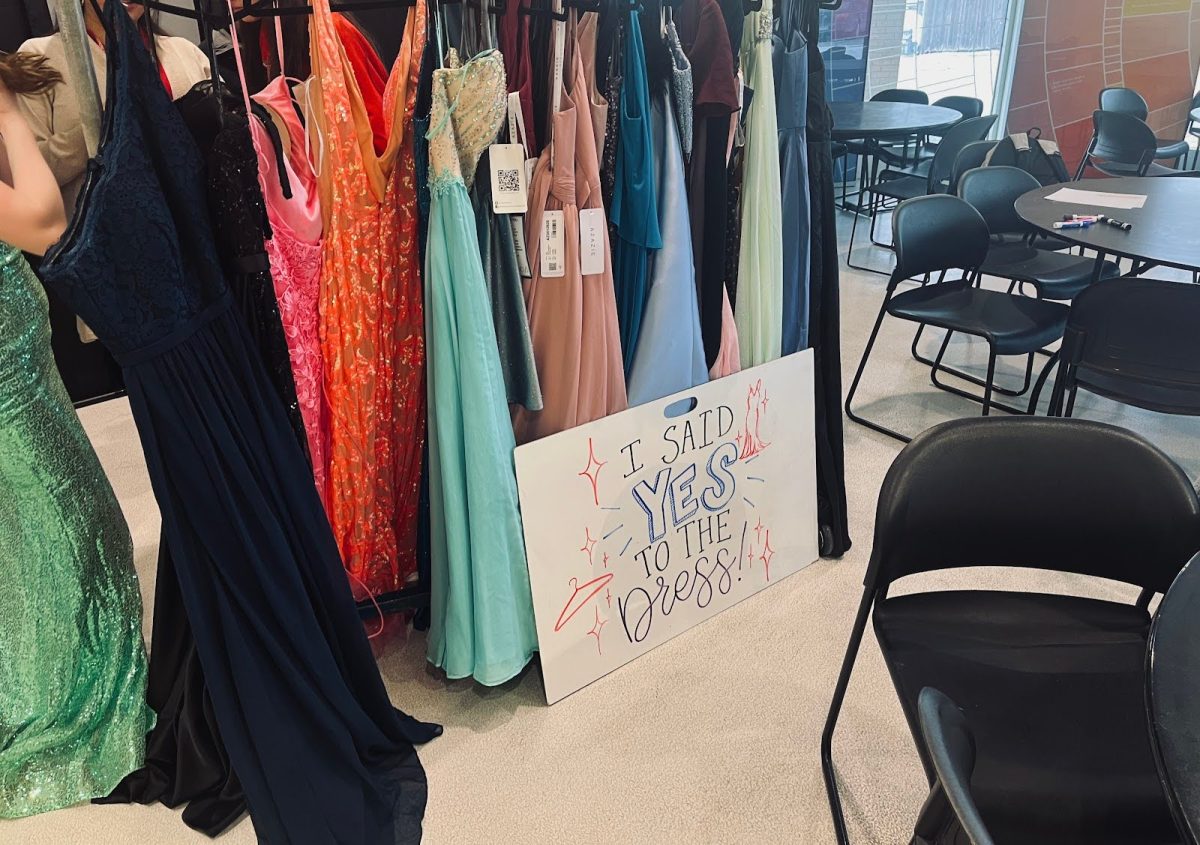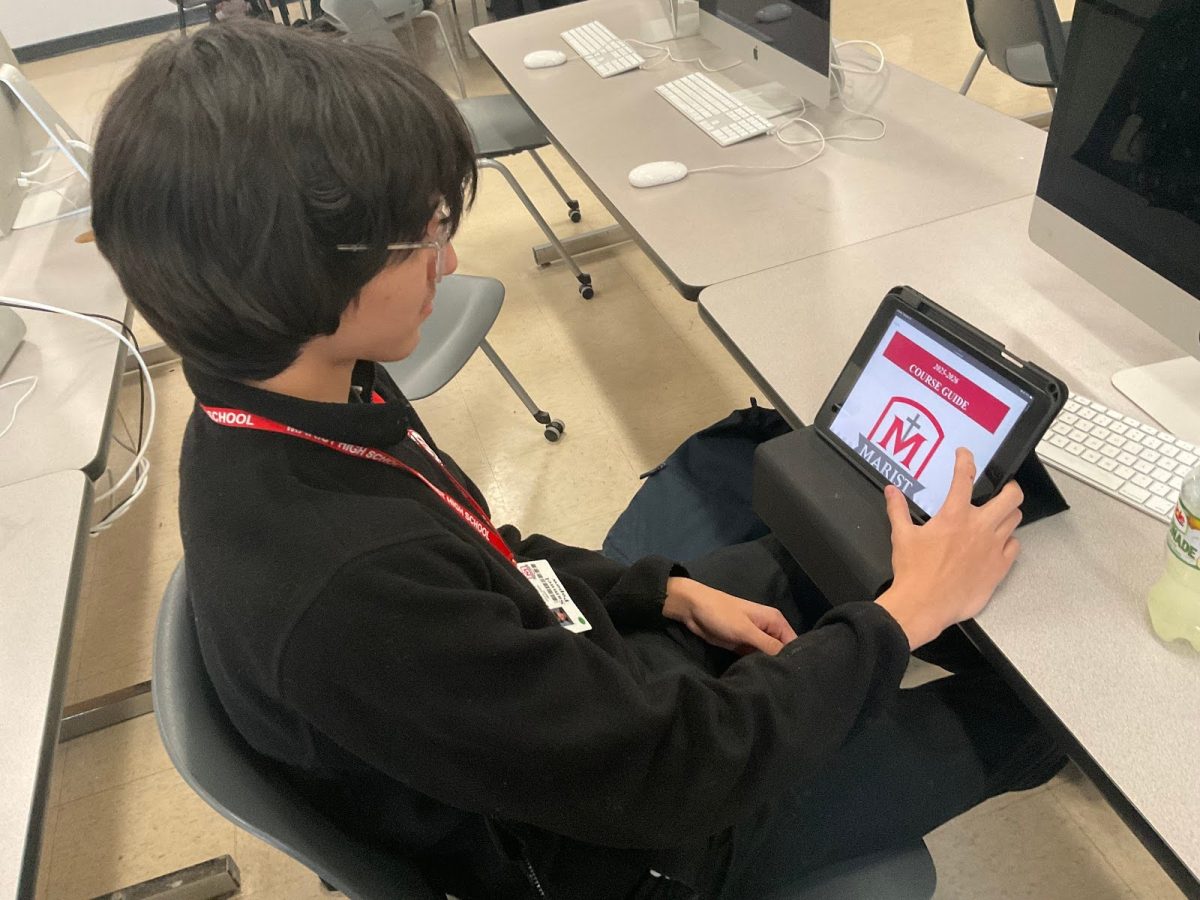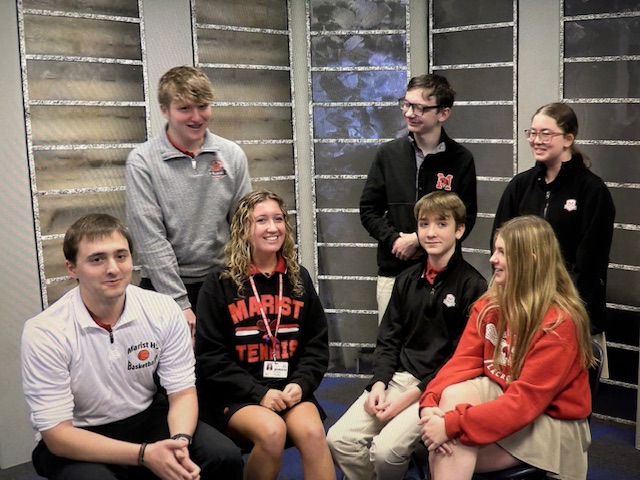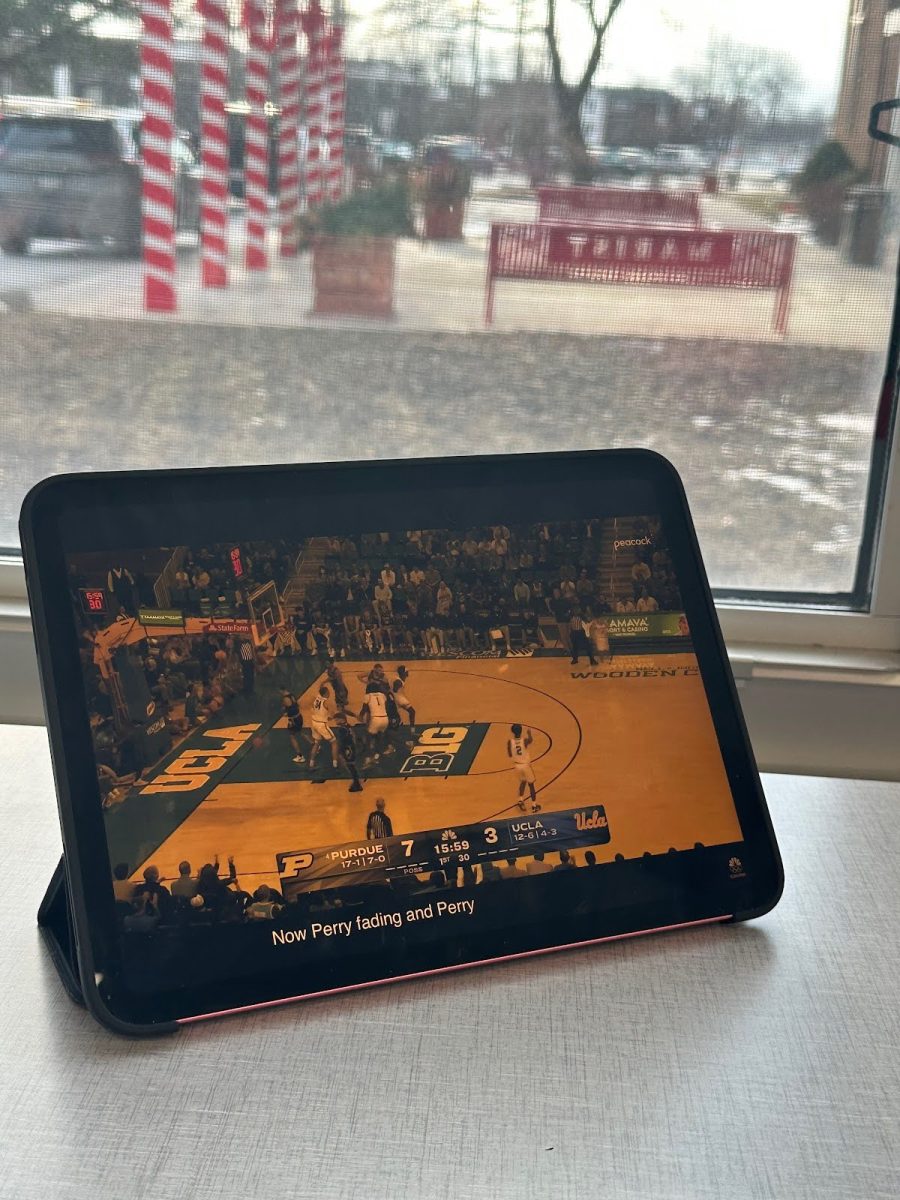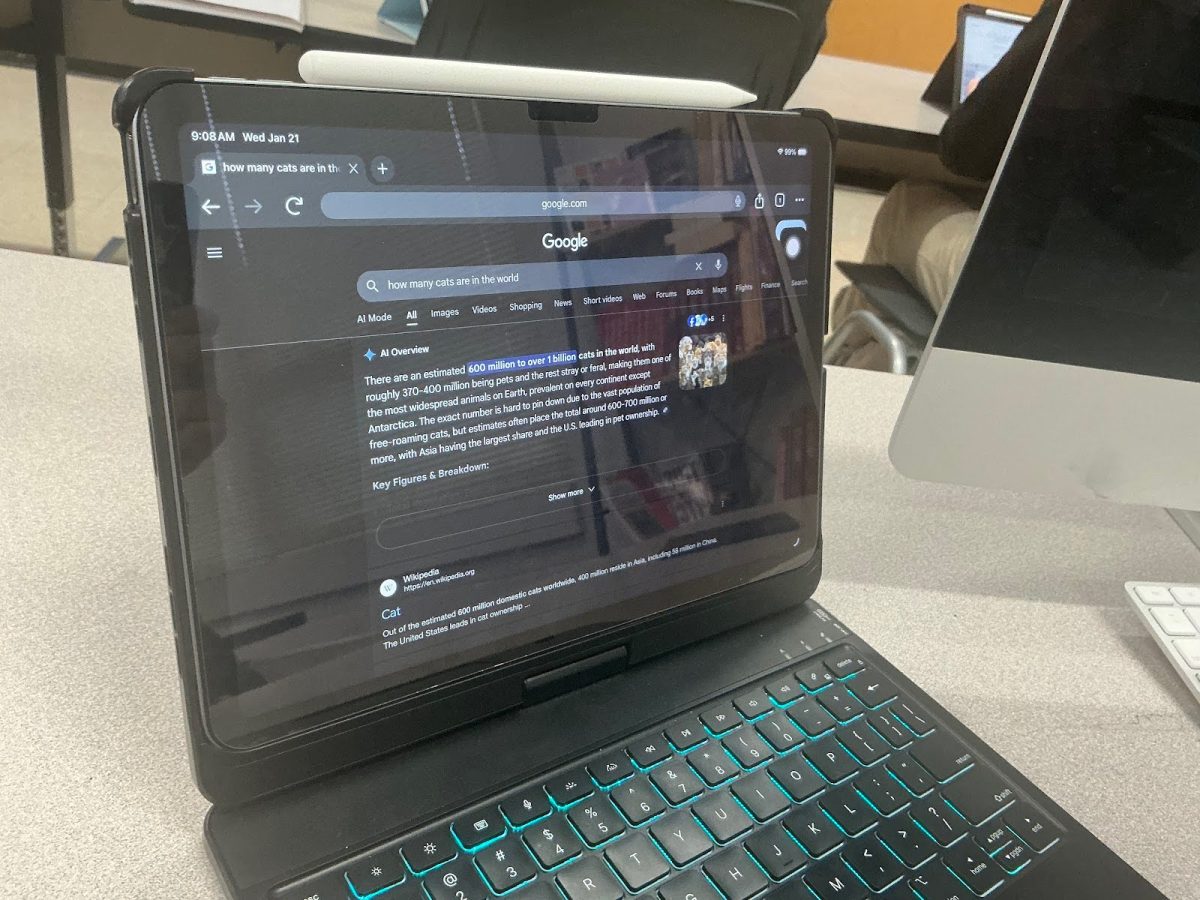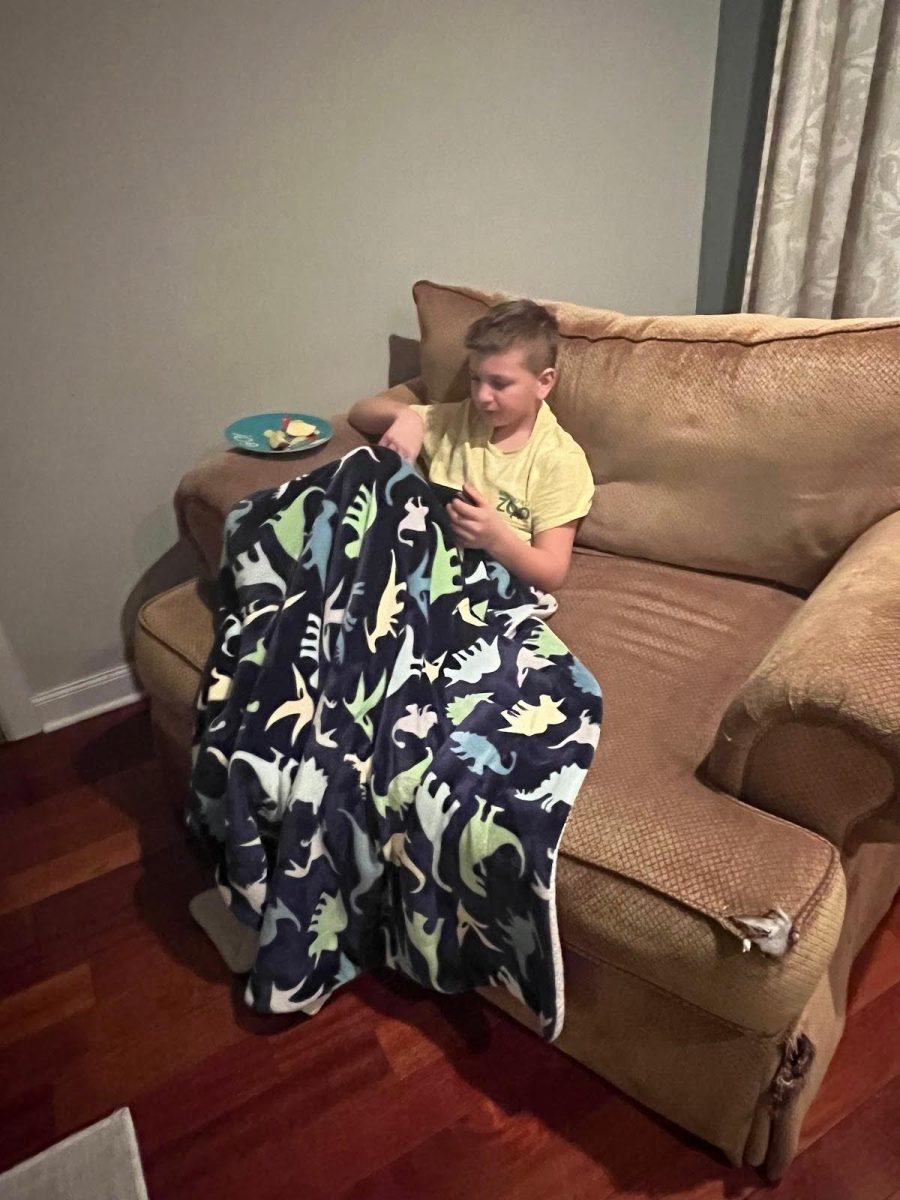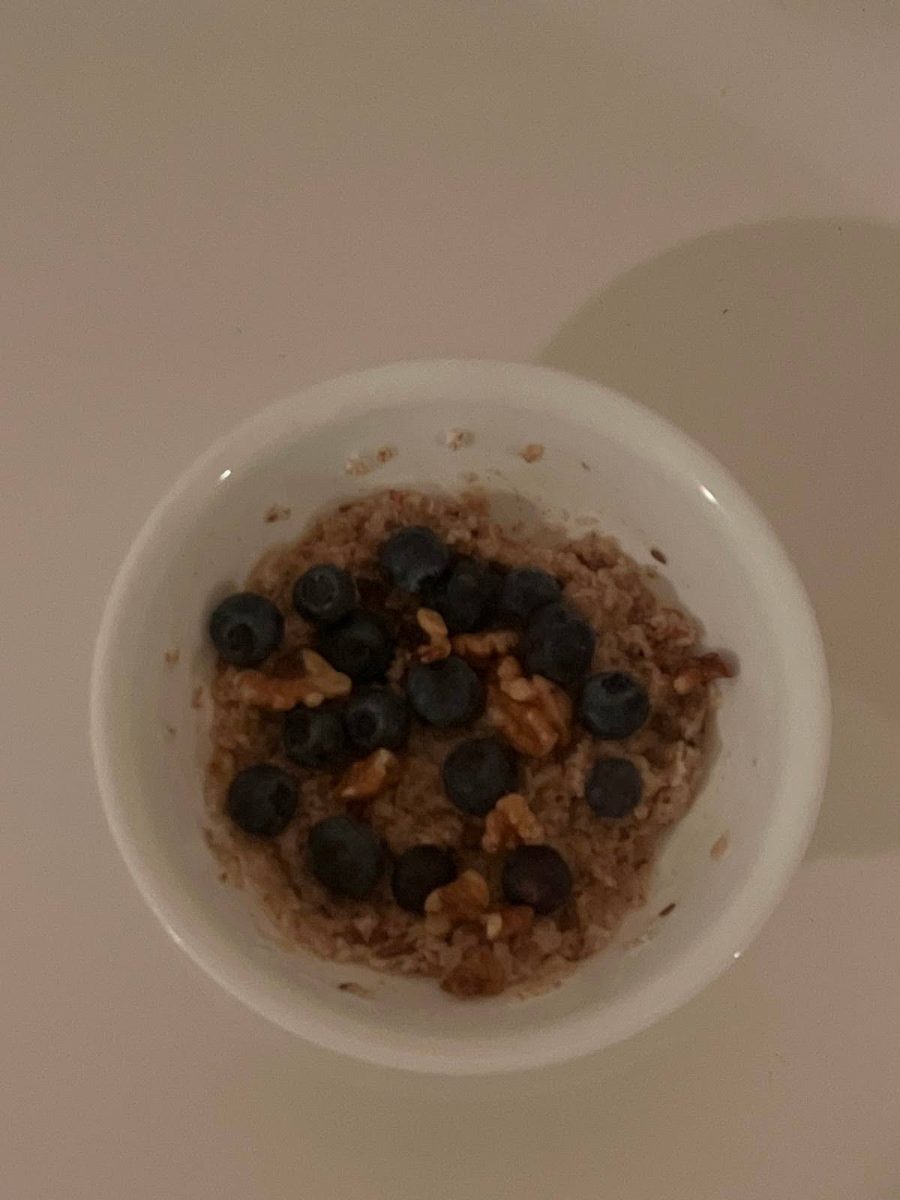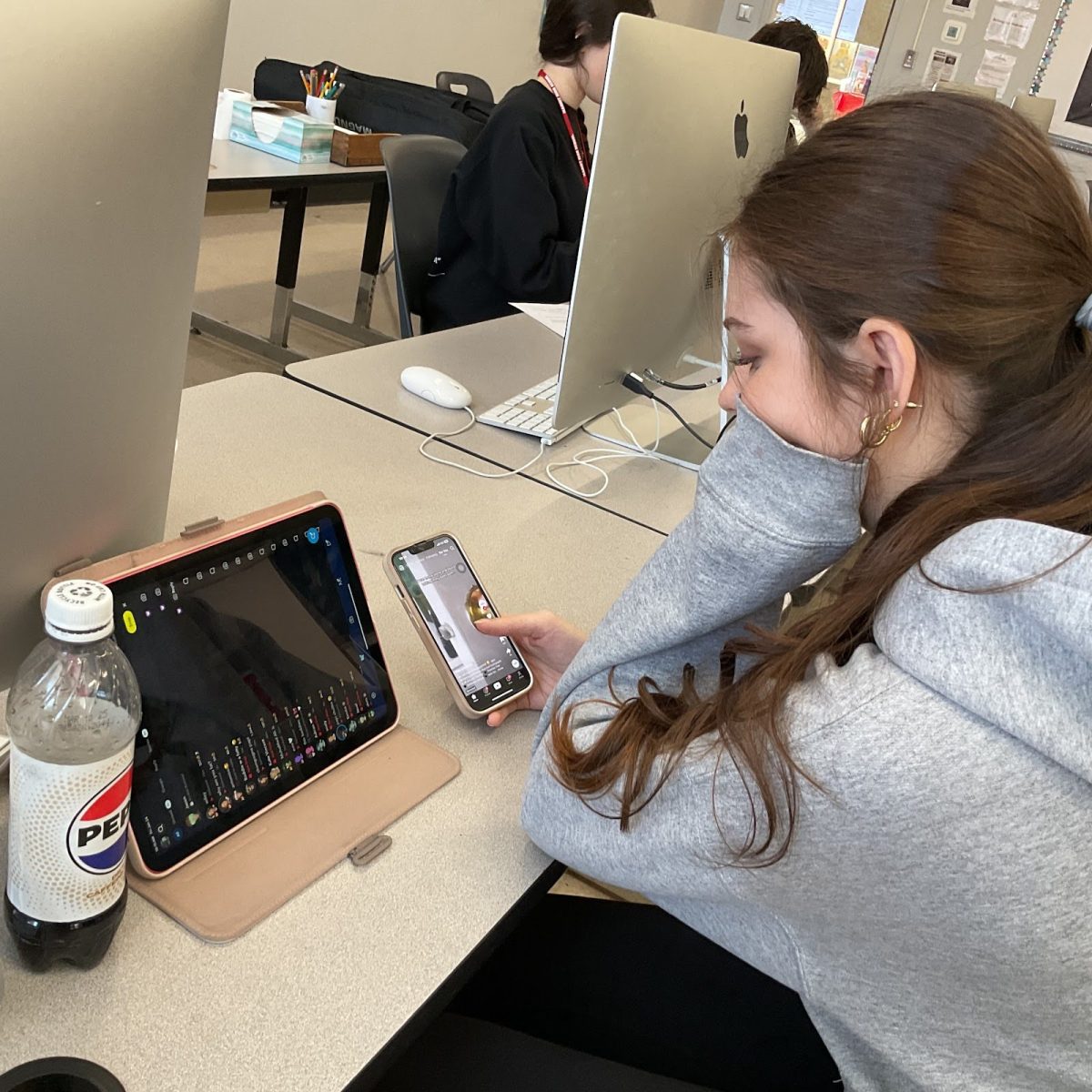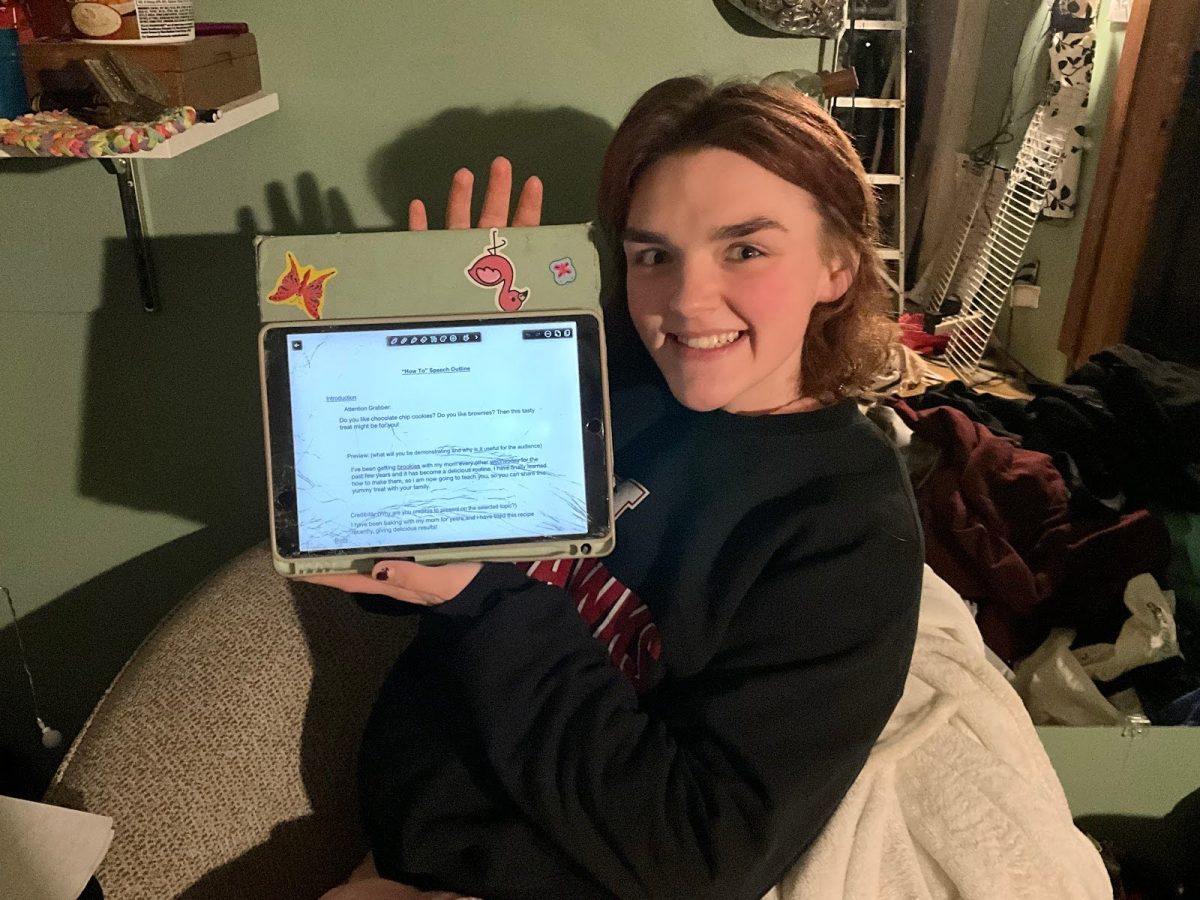In recent years, the federal government has considered a ban the app TikTok. In the U.S., social media has become a focal point for the debate on privacy, mental health, and the influence it holds. Even though TikTok has acquired its fair share of controversy, it is time to reconsider which platform truly is a larger threat: Snapchat.
MHS Media conducted a poll of 39 students and found that 64.1% would rather TikTok be banned over Snapchat while 35.9% would rather Snapchat be banned instead of TikTok.
These results show that Marist High School students prefer Snapchat over TikTok and that many have been misled to think the app is safe.
The same poll found that 43.6% of students believe Snapchat is more harmful while 56.4% believe TikTok is more harmful.
Despite this opinion, Snapchat contains many underlying issues.
One of Snapchat’s most defining features is its “vanishing” messages. This includes photos, videos, and text messages that are deleted shortly after viewing. At first glance, this seems appealing from the standpoint of privacy, but it opens an environment for blatant misuse.
The illusion of “vanishing” messages gives users a false sense of security, enabling behaviors like cyberbullying, harassment, and explicit content. Without the fear of leaving a trace, users feel compelled to engage in risky behaviors. Due to these features, Snapchat has been linked to incidents of harassment, exploitation, and self-harm.
TikTok does allow for direct messaging, but the content is strictly short videos and light-hearted exchanges.
Snapchat is even more widely known for its filter option. These filters have formed unrealistic beauty standards in young adults. As most frequently seen in women, filters create a spike in anxiety, depression, and body dysmorphia. The standard pushed among young adults to meet impossible beauty ideals, set on Snapchat, created a hostile environment of low self-esteem.
While TikTok certainly is not free from mental health concerns, the filters it provides are no way near as face-altering or normalized as on Snapchat.
The “Snap Map” feature allows users to share their live location with friends. However, this seemingly innocent tool poses a major privacy concern. Allowing strangers or even some friends to view a live location can lead to dangerous situations, especially for young, more gullible users. In many situations, it has led to stalking, harassment, and even crime.
While TikTok may have its location data, there is no way to share one’s exact location in real time.
Snapchat’s poor privacy record is troubling. While TikTok is certainly not flawless, particularly with its rumored data sharing, Snapchat has consistently proven to be a more dangerous platform for younger audiences.
The poll revealed that 74.4% of students think TikTok shouldn’t be banned while 25.6% think it should be, opinions that should be valued in the government’s decision.
Instead of banning TikTok, we should be having a serious discussion about the harmful effects of Snapchat on young people’s minds, health, and safety.
It is time to reassess our priorities and guard the vulnerable minds of young people from harmful platforms. During this process, we need to look beyond the headlines and assumptions to focus on platforms with the most concerning effect on our youth.








